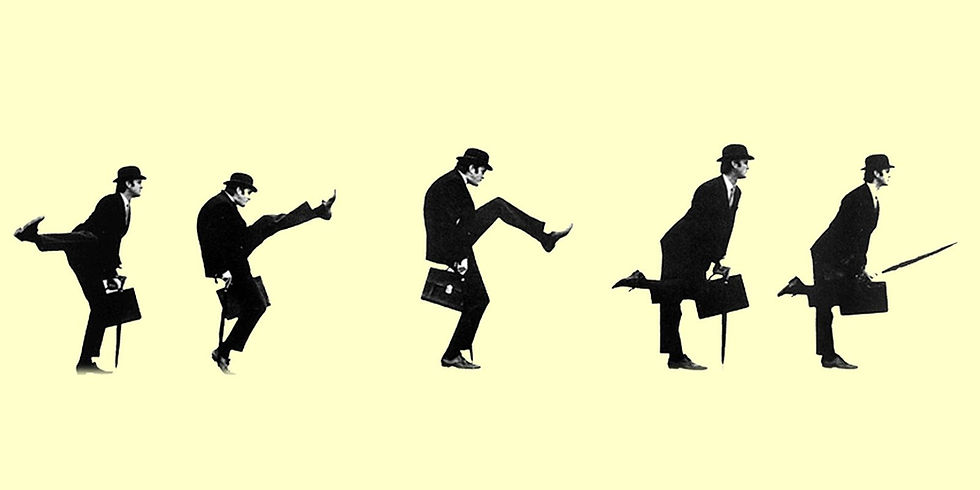Cake and death: the Swedish tradeoff is wrong, NZ is right (I think)
- Vincent Heeringa

- Apr 13, 2020
- 3 min read

Whether it’s Gareth Morgan experiencing an epic mood-swing or a more sober Paul Goldsmith seeking speed and agility, there’s a lot of pressure on the government to end this hard lockdown and get the country back to work. The damage, goes the argument, is getting worse by the day and the longer we’re out of work, the deeper we’re in for a recession.
Is that true? The New Zealand government’s argument is that we stand the best chance of knocking this bugger off if we hit the lockdown hard and long. Right from the start, the Prime Minister said she was not prepared to trade-off a high death rate for a piece of economic cake.
Some in the far reaches of the social web are still wistfully pointing to Sweden as a good example of the opposite. The Swedes have implemented a moderate social distancing policy but largely kept the economy running. The results suggest at least one side of the cake-or-death equation is working: they have a much higher mortality rate (8.6% compared to 4.3% and 2%), slightly higher infection rate and four and eight times as many deaths compared to their neighbours Denmark and Norway, which have followed strict shutdowns.

But could the Swedes still be right? It’s early days, right? I’m reminded of when Mao Zedong was asked: what do you think of the French Revolution? ‘It’s too early to say’, he allegedly replied.
There are still many months (years!) to go before we really know what was the right way to manage Covid-19. If only there was a study that could compare the impact of previous pandemics to economic growth and recovery.
Well, it turns out there is.
Yesterday, US economists released a paper that compared the impact of the Spanish Flu on American cities, and their various public health responses, with economic recovery. It’s a preliminary paper, so there’s still discussion to be had. And the Spanish Flu is different from Covid-19 in important ways. Nevertheless, it’s as close as we can get right now to knowing what is better: lockdown long and hard like NZ or hang loose like the Swedes.
The paper title gives away the conclusion: “Pandemics Depress the Economy, Public Health Interventions Do Not: Evidence from the 1918 Flu”. The authors say:
“Our analysis yields two main insights. First, we find that areas that were more severely affected by the 1918 Flu Pandemic see a sharp and persistent decline in real economic activity. Second, we find that early and extensive non-pharmaceutical interventions (NPIs) have no adverse effect on local economic outcomes.
"On the contrary, cities that intervened earlier and more aggressively experience a relative increase in real economic activity after the pandemic. Altogether, our findings suggest that pandemics can have substantial economic costs, and NPIs cannot only be means to lower mortality but may also have economic merits by mitigating the adverse impact of the pandemic.”
And this:
“Reacting 10 days earlier to the arrival of the pandemic in a given city increases manufacturing employment by around 5% in the post period. Likewise, implementing NPIs for an additional 50 days increases manufacturing employment by 6.5% after the pandemic.”
In other words, the cities that took early, aggressive action showed faster economic growth.
Why?
At least one answer is that death is expensive. Apart from the obvious social impact and the direct material costs of healthcare and funerals etc, the longer-term costs are in the reduced economic output. One analyst writing in Medium calculated the cost to the USA of the two approaches (mitigation v lockdown) as follows:

That Medium paper is really, really worth reading if you have the time. It goes into much greater and interesting details than I have here.
All of which is a long way of saying cake or death is the wrong trade-off to make. The Covid-19 pandemic, just like the Spanish Flu, will cause major economic pain. But the fastest way to economic recovery is to stay in lockdown until the virus is beaten.
Unlike Sweden, our government's approach to early and hard lockdown will deliver a fraction of the deaths and a faster economic recovery.




Comments